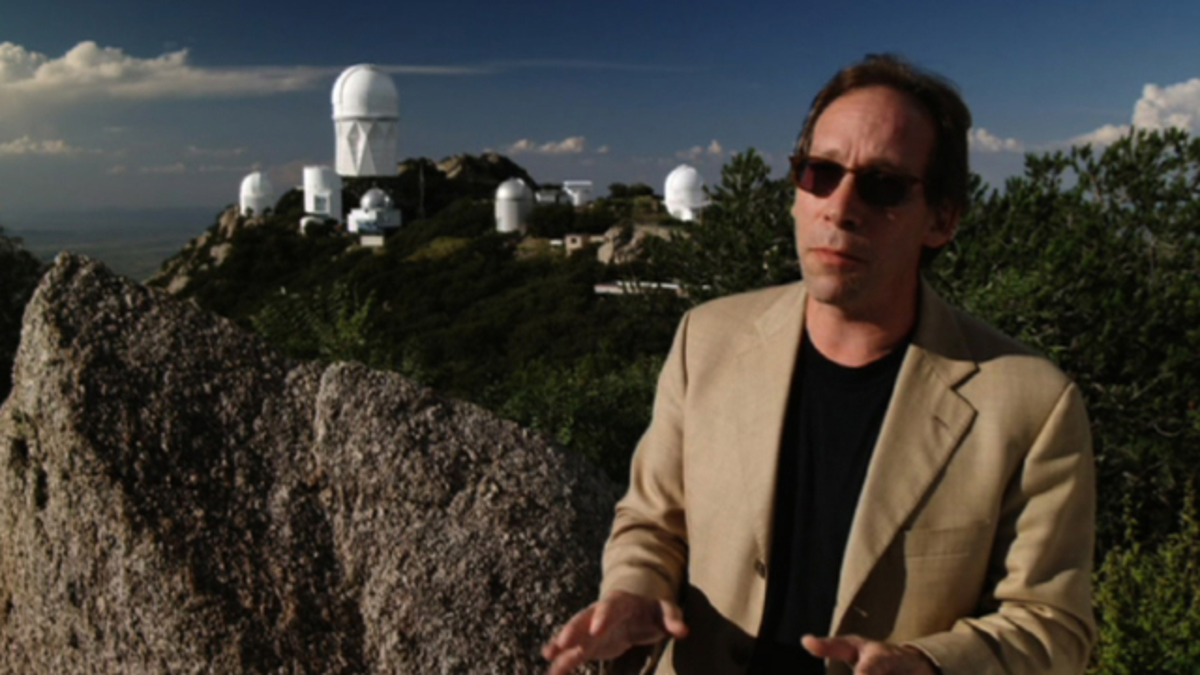

But Krauss asks us to take the quantum theory of creation seriously, and so does evolutionary biologist Richard Dawkins. I took this notion-and I think Linde presented it-as a bit of mind-titillating whimsy. In 1990, the Russian physicist Andrei Linde assured me that our entire cosmos-as well as an infinite number of other universes-might have sprung from a primordial "quantum fluctuation."

Decades ago, physicists such as the legendary John Wheeler proposed that, according to the probabilistic dictates of quantum field theory, even an apparently perfect vacuum seethes with particles and antiparticles popping into and out of existence. Physicist Lawrence Krauss peddles this message in his new book A Universe From Nothing: Why There Is Something Rather Than Nothing (Free Press, 2012). I'm nonetheless going out on a limb and guessing that science will never, ever answer what I call "The Question": Why is there something rather than nothing? You might think this prediction is safe to the point of triviality, but certain prominent scientists are claiming not merely that they can answer The Question but that they have already done so. That seemed like a safe bet, but within decades astronomers started determining the chemical composition of the Sun and other stars by analyzing the spectrum of light they emitted. In 1835 he asserted that science will never figure out what stars are made of. In the words of Richard Dawkins: this could potentially be the most important scientific book since Darwin's On the Origin of Species.When predicting something that science will never do, it's wise to recall the French philosopher Auguste Comte. It will provoke, challenge, and delight readers to look at the most basic underpinnings of existence in a whole new way. A mind-bending trip back to the beginning of the beginning, A Universe from Nothingauthoritatively presents the most recent evidence that explains how our universe evolved - and the implications for how it's going to end.

Today, exciting scientific advances provide new insight into this cosmological mystery: not only cansomething arise from nothing, but something willalwaysarise from nothing. Internationally renowned theoretical physicist and bestselling author Lawrence Krauss offers provocative, revelatory answers to the biggest philosophical questions: Where did our universe come from? Why does anything exist? And how is it all going to end? 'Why is there something rather than nothing?' is the question atheists and scientists are always asked,and until now there has not been a satisfying scientific answer.


 0 kommentar(er)
0 kommentar(er)
